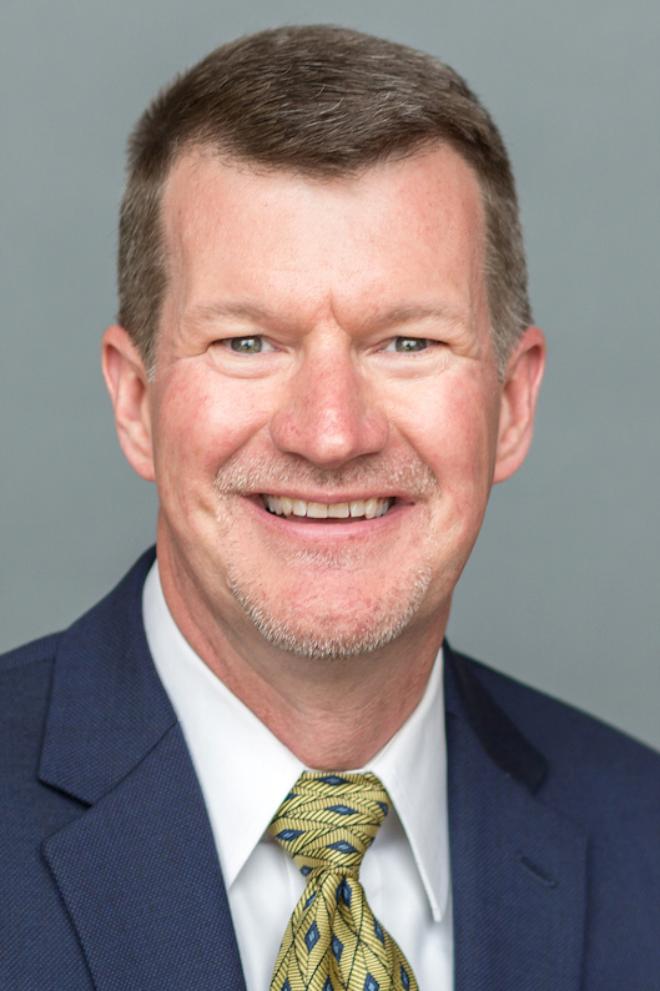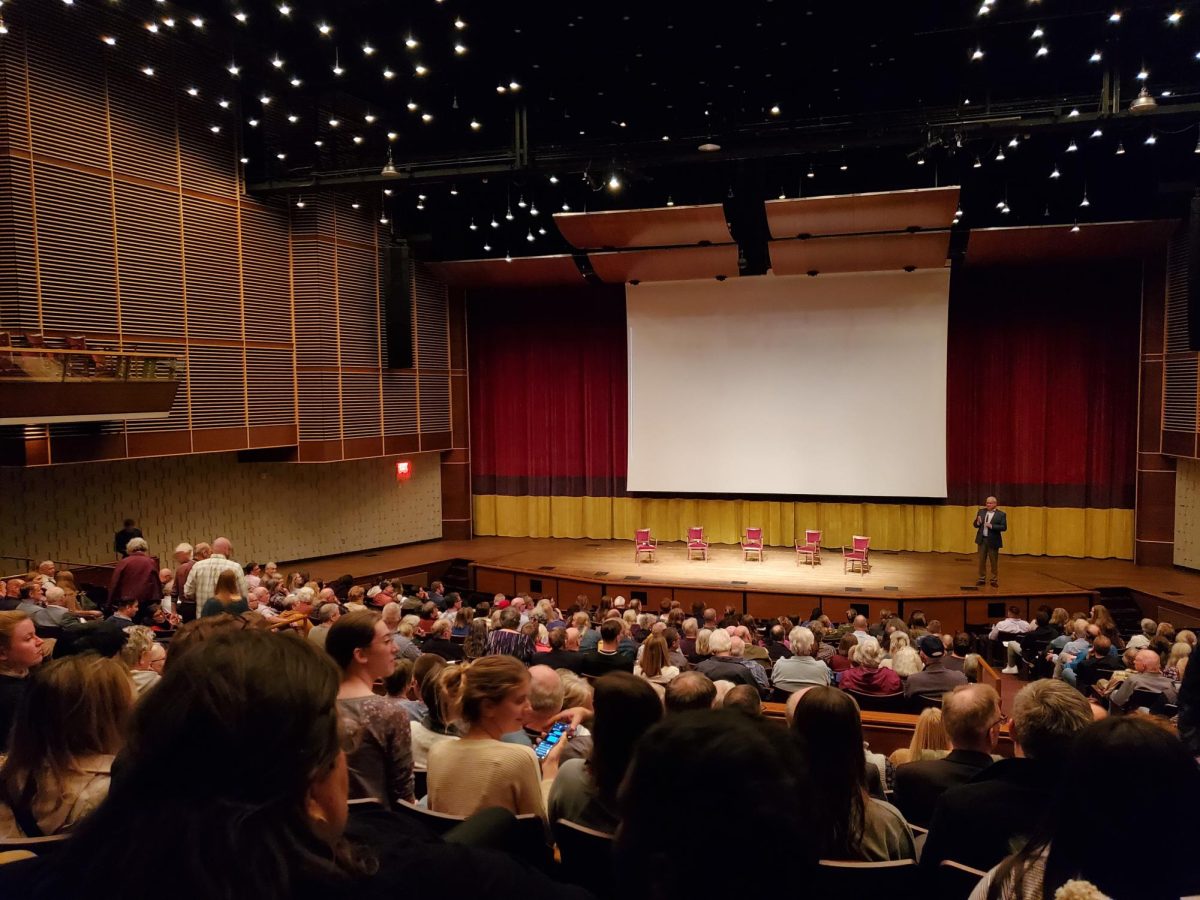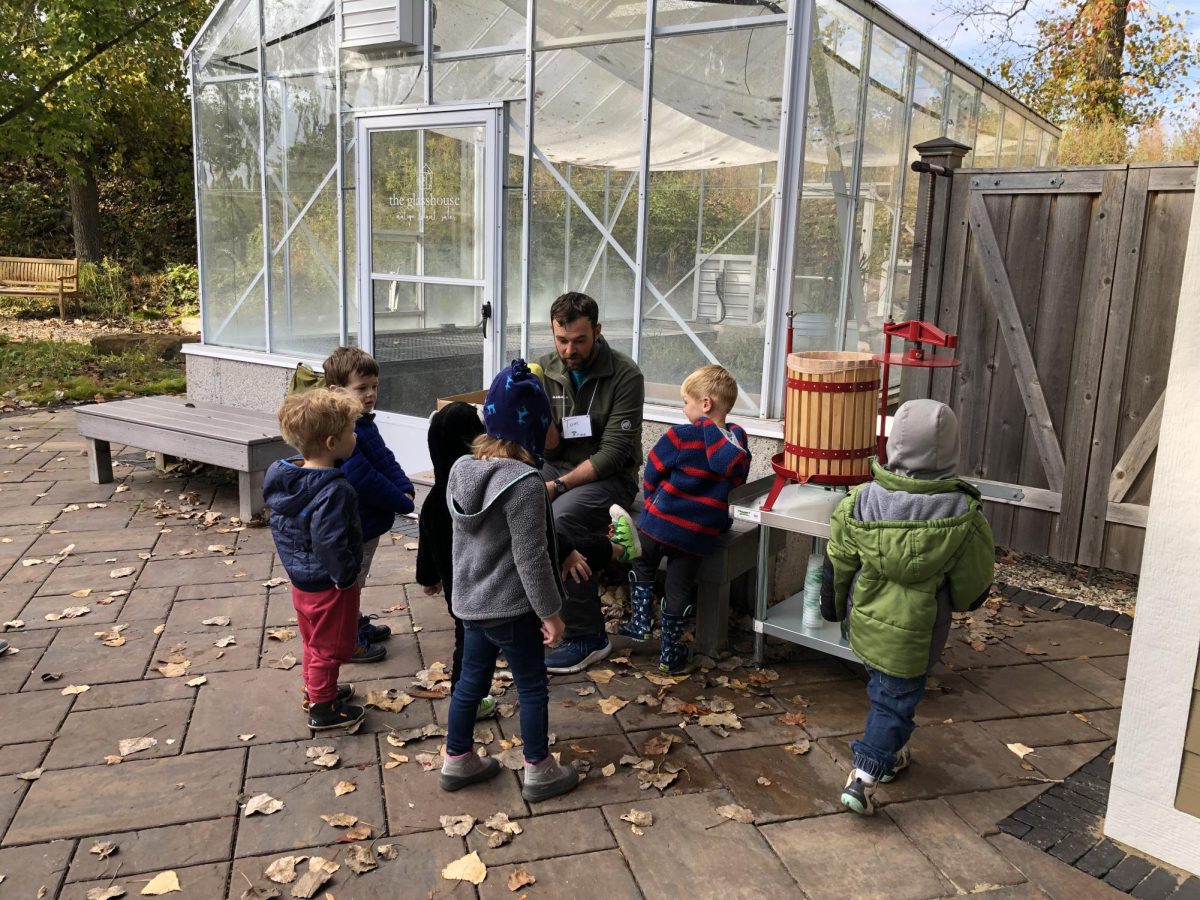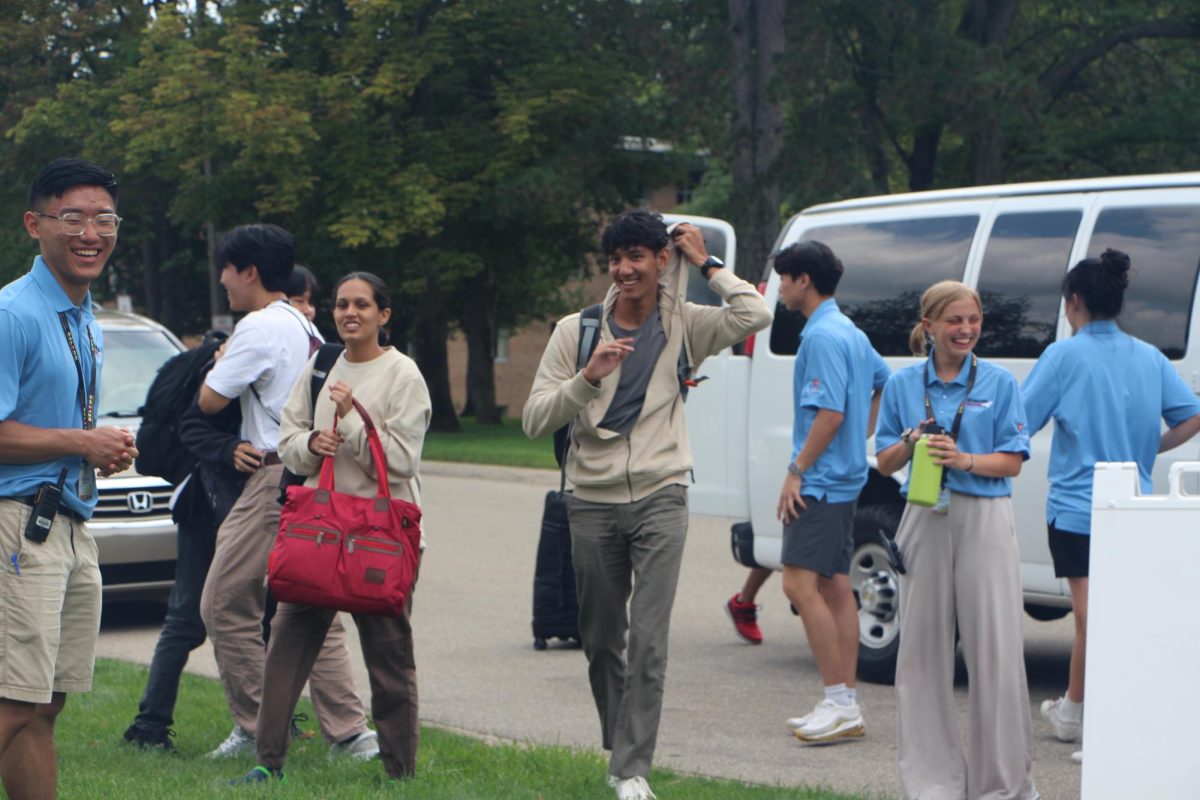The first time I actually articulated that I was a tourist, I was in Detroit’s Fisher Building. As I stared up at the beautifully intricate tiled ceiling in the bank lobby, I was approached by a friendly customer service worker who informed me that, “we do have tours of the Fisher Building.”
But despite her friendliness and my gratitude at what actually sounded like an interesting time, I felt embarrassed. It was not that I ever claimed to be from this city — that I pretended to be related to Detroit in the same ways as its actual residents of this city. I knew I was never from this city, but, until then, I had always felt that I had been a part of it somehow.
I was born 40 minutes out of Detroit in the suburbs of Royal Oak and stayed in that general area for the rest of my childhood. The one relative that I did have in Detroit was a great-aunt on my father’s side who was an active member of the city.
When we visited though, I never claimed that the visits I had with her were exposing me to the actual city. Most of my visits were spent sitting in her in her high-rise apartment and looking out the windows at the empty streets and cars passing by. Nevertheless, as I grew older, I felt an obligation to the city, and this was my only connection to the city.
When I was an underclassman in high school, I began volunteering alternately on my own and with the company of my family. My plan was simple enough; I would gathered some food from my house or pick up some pizza from the local Hungry Howies and leave for Detroit. Once there, I would find a park on Mack Avenue and open my car doors. That was all I had to do really.
Once I pulled the food from the back seat, the homeless and wanderers came out from their hiding places in the surrounding shrub littered concrete fields. We talked and ate together in small groups as the initial lines subsided and I felt like I might be doing something good with my time. But despite being a good experience, I never was a real sibling to any of these people. I did what I could, but I was always an outsider, which was an experience that always made me question the genuineness of my actions.
I did what little I could, but I could never speak for the city. My obligation that began to tentatively expand was problematic in the following regards; I felt an obligation to give to a place which I care for but do not belong to. I did not and still do not understand Detroit. I feel the urge to talk about my satellite city and yet feel as if I assume false citizenship in how I wish to articulate well being.
Soon enough too, Detroit became a cool place to be. As “ruin porn,” a type of photography that focuses exclusively its vision on the decaying element of cities like Detroit, started to populate the internet and suburban youths began to scramble over the wreckage of a crumbling city.
A few of my friends and I fell into the fad. We walked the abandoned streets and explored roof torn factories. I watched as my friends found empty parking lots to skate. I comforted myself in the fact that this was at least a fad that could be meaningful, but that was not always soothing. I could have made my activities to be something more experiential of the city as a whole, but I did not. And while interest in “ruin porn” turned out to be a fad that I am somewhat embarrassed of, I am thankful for the ways in which it allowed me to explore a space which revealed more of the reality of Detroit.
The more I explored, the more I began to see myself the rubble as a fun sight, the more I found returning to both the reality of Detroit and my relation to it. While “ruin porn” was in many ways an immature fad, it still explored a space that was transformative in itself. The space of these buildings, though possibly hyperbolized in the minds of those who explore, returned those willing to listen back to the reality of Detroit. And as I am faced with the reality of the city again, I find my identity as a tourist less troubling.
Instead of skirting around the fact, I embrace my present relation. I am a tourist, but I am tourist who still cares. I cannot speak for Detroit or inherit the space’s experience in a moment, but I can be attentive from where I am at. I know do not belong, but maybe Detroit needs more than only its natives. Maybe it also could use a few tourists doing what they can — tourists not concerned about receiving anything from Detroit, even if it is something as precious as an identity.








